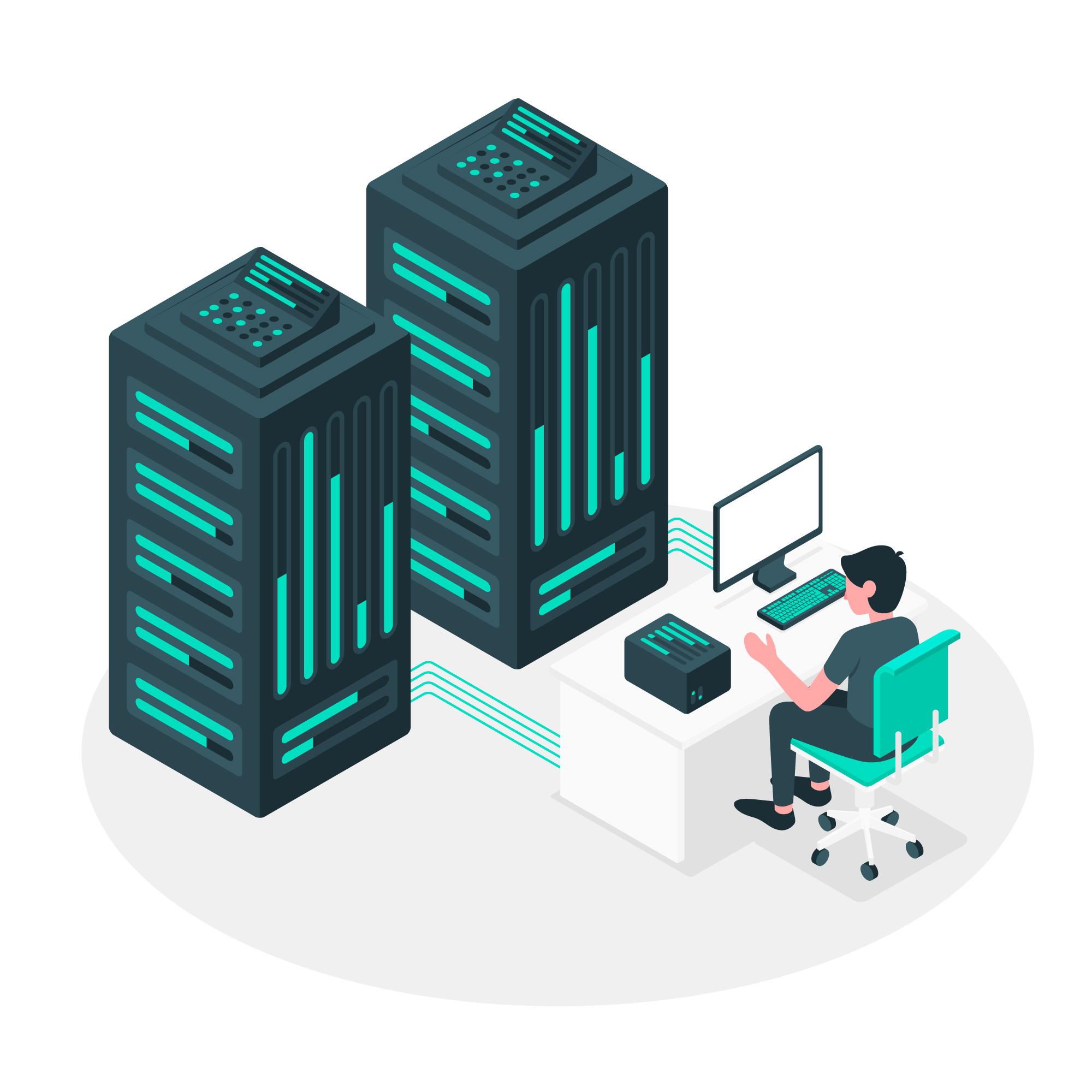
Businesses collect masses of information, such as customer orders, personally identifiable information (PII), and communication between employees. In the event of a ransomware attack or downtime, the consequences can be severe. This is why a data loss prevention solution (DLP) is crucial for businesses.
DLP refers to a strategy that organizations use to ensure that sensitive information doesn’t end up outside the corporate walls. But the term also extends to software and tools that can be used to control who has access to certain data and how it’s managed. Here are scenarios that can bring down a business if you don't have a data loss prevention solution:
1. Human Error - By way of unintentional data deletion, modification, and overwrites - has become much more prevalent in recent years. Much of this is the result of carelessly managed virtualization technology. While virtualization and cloud computing have enabled improved business continuity planning for many businesses and organizations, humans must still instruct this technology how to perform. The complexity of these systems often presents a learning curve that can involve quite a bit of trial and error. For instance, a support engineer may accidentally overwrite the backup when they forget to power off the replication software prior to formatting volumes on the primary site. They will be sure to never do that ever again, but preventing it from happening in the first place would be more ideal.
4. Catastrophic Events/Theft - The threat of catastrophic events such as fire, flooding, lightning and power failure is always a concern. Such events can wipe out data in a millisecond with no warning. Theft is also a data loss risk that companies must address. While advances in technology like anytime/anywhere connectivity, portability and the communication/information sharing capabilities of social media and crowdsourcing have revolutionized business - the risk for theft is even greater due to this increased accessibility. More people are doing daily business on their laptop, iPad and mobile phones. They are also carrying around portable media like thumb drives, USB sticks and CDs. Physical theft of any of these devices can spell big trouble.
A Managed Services Provider (MSP) can act as a trusted partner and help your business create a data loss prevention solution, holding your hand through the process of safeguarding your data.



